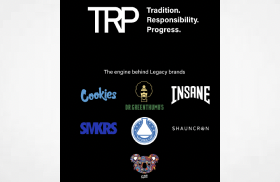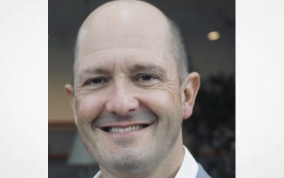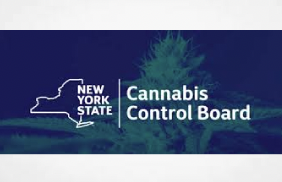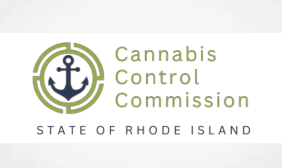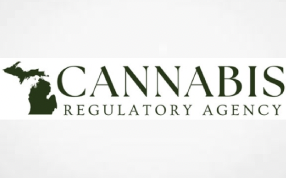Who is Howard Husuck?
His profile at the American Enterprise institute reads thus.
Research Areas
Municipal government, Urban housing policy, Civil society, Philanthropy
Howard Husock is a senior fellow in Domestic Policy Studies at the American Enterprise Institute (AEI), where he focuses on municipal government, urban housing policy, civil society, and philanthropy.
Before joining AEI, Mr. Husock was vice president for research and publications at the Manhattan Institute. He has also been a director of case studies in public policy and management at the Harvard Kennedy School, a member of the board of directors of the Corporation for Public Broadcasting, and a journalist and Emmy-winning documentary filmmaker.
Mr. Husock has been widely published in policy journals and the popular press, including in The New York Times and The New York Times Magazine, The Wall Street Journal, The Atlantic, The Hill, New York Post, New York Daily News, The Boston Globe, The Chronicle of Philanthropy, City Journal, Forbes.com, the Journal of Policy Analysis and Management, National Affairs, Reason, The New Republic, Washington Examiner, and The Wilson Quarterly.
His books include “The Poor Side of Town: And Why We Need It” (Encounter Books, 2021); “Who Killed Civil Society? The Rise of Big Government and Decline of Bourgeois Norms” (Encounter Books, 2019), “Philanthropy Under Fire” (Encounter Broadsides, 2013), and “America’s Trillion-Dollar Housing Mistake: The Failure of American Housing Policy” (Ivan R. Dee, 2003).
Mr. Husock was a mid-career fellow at Princeton University’s Woodrow Wilson School of Public and International Affairs. He holds a BS from Boston University’s School of Public Communication.
Photo courtesy of the Manhattan Institute.
Experience
- American Enterprise Institute: Adjunct Scholar, Domestic Policy Studies, 2020–21; Senior Fellow, Domestic Policy Studies, 2021–present
- Philanthropy Roundtable: Executive Senior Fellow, 2020–2021
- Manhattan Institute: Contributing Editor, City Journal, 1998–present; Vice President for Research and Publications, 2006–19; Senior Fellow, 2006–19; Director, Tocqueville Civil Society Initiative, 2001–20
- Corporation for Public Broadcasting: Member, Board of Directors, 2013–18
- John F. Kennedy School of Government, Harvard University: Director, Author, and Executive Education Program Instructor, Case Program, 1987–2006
- WGBH Educational Foundation: Documentary Film Producer, Director, Correspondent, 1979–87; Contributor, MacNeil-Lehrer News Hour, 1985–86; Reporter and Managing Editor, The Ten O’Clock News, 1979–83
- The Boston Observer: Member Editorial Board and Contributing Editor, 1981–85
- The Washington Post: Boston Contributor, 1980–81
- Boston University: Instructor, College of Communications, 1980–81
- The Boston Phoenix: Staff Writer, 1974–78
- The Times-Herald Record, Middletown, NY: Reporter, 1972–73
Education
Fellow, Mid-Career Program, Woodrow Wilson School of Public and International Affairs, Princeton University (nondegree graduate program)
BS, Boston University
What is the American Enterprise institute?
They say on their site
The American Enterprise Institute is a public policy think tank dedicated to defending human dignity, expanding human potential, and building a freer and safer world. The work of our scholars and staff advances ideas rooted in our belief in democracy, free enterprise, American strength and global leadership, solidarity with those at the periphery of our society, and a pluralistic, entrepreneurial culture.

